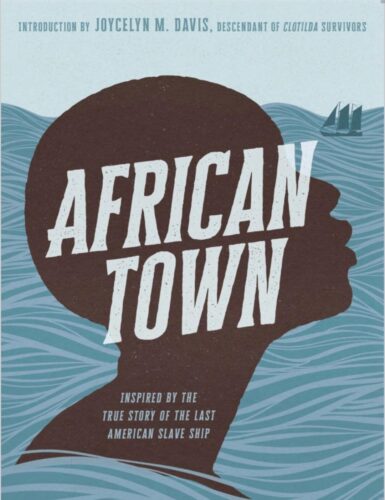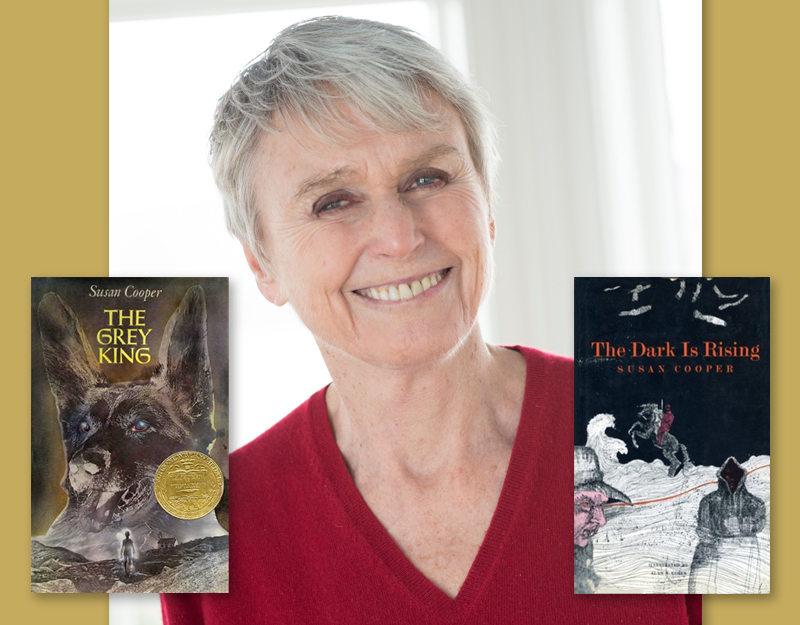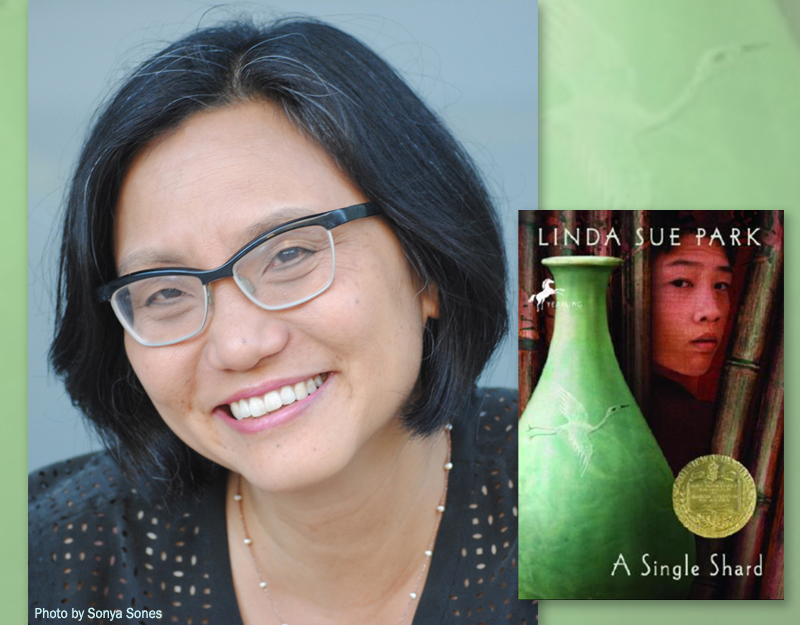Looking Backwards: Mock Newbery Historical Fiction Contenders
Usually I feel like half our contenders are historical fiction though this year it doesn’t seem like that. However my two front runners hit two very different historical time periods and I’m so excited to highlight them today!
We’ll start with a leader in nominations and suggestions: I MUST BETRAY YOU by Ruta Septys. I’ve highlighted this title for both plot development and delineation of character salready and I really think it excels in all the criteria groups. The themes of loyalty and family and the ever- changing definition of those themes is very well played out in a tangled web of confusion. It could be easy to get lost with the characters and who is “good” or “bad” but Septys really puts us in the main characters shoes. By following along with him I really feel like we are keeping pace with his understanding.
ADVERTISEMENT
ADVERTISEMENT

I also appreciated the delineation of setting. The time period and the reality of waiting in lines, slugging through school and crowding into an apartment are well developed so one can truly picture it. I feel like I could go on for pages about I MUST BETRAY YOU… what are everyone else’s thoughts?
Then there’s AFRICAN TOWN by Latham and Waters a novel in verse about the last illegal slave ship in 1860. I thought the verse writing really worked well and that seeing the various perspectives helped me understand the situation as a whole. I would say presentation of information and characters are the strongest parts of this title. I really appreciated hearing the ships perspective and thought it fit in well.
I know others have different feelings about AFRICAN TOWN and I’m ready for them! Let me know your thoughts on these two titles or any historical fiction in the comments.
Filed under: Book Discussion
About Emily Mroczek-Bayci
Emily Mroczek (Bayci) is a freelance children’s librarian in the Chicago suburbs. She served on the 2019 Newbery committee. You can reach her at emilyrmroczek@gmail.com.
ADVERTISEMENT
ADVERTISEMENT
SLJ Blog Network
Name That LEGO Book Cover! (#53)
Cover Reveal and Q&A: The One and Only Googoosh with Azadeh Westergaard
K is in Trouble | Review
Fighting Public School Book Bans with the Civil Rights Act
Take Five: Middle Grade Anthologies and Short Story Collections
ADVERTISEMENT








Emily-
Can you check the spelling of the author of I MUST BETRAY YOU. I have it as Sepetys, not Septys.
You are correct! I’ll fix it from my computer later. Thank you!
I MUST BETRAY YOU was a book I could not put down. The suspense of the story and the believability of the characters pulled me into the book.
Even so, I do feel that the age of Cristian and Liliana plus the description of the violence during the demonstrations skew the book toward an older reader. Since there seem to be parallels between the 1989 events and contemporary Ukrainian news, students who report on current events will find more meaning in this historical fiction.
I absolutely loved I Must Betray You, but I’m a K-8 librarian and I don’t feel I could give this to a student under 7th grade. Am I alone in my thinking? Therefore I can’t really use it in my Mock Newbery Contest, as I have mostly 4-6th graders participating and sometimes a few 7th graders.
I agree that BETRAY fits mainly with the older edge of the Newbery range…12-14. Which doesn’t keep it out of contention. But is it even beyond that range? The violence is there for sure, but didn’t seem sensationalized. I think the author is writing with that 12-14 audience in mind. When they’re in prison, “surrounded by spies and torturers” (241) she could have used a scene of violence to capture the intensity of the situation. Instead it’s the forced indignity of kissing the portraits, then cleaning feces with their hands. Not pleasant to read, but it is effective, and at that middle school age level.
It’s a story about older teenagers though…Cristian is 17. I’d say that Cristian’s story is one that younger reader could relate to and even embrace, but could see where others might argue that the distinguished elements of the novel might resonate more with the older readers…
I’m one of those who struggled some with AFRICAN TOWN. Emily notes that “the various perspectives helped me understand the situation as a whole.” I agree that that’s a strength. The history is complex and the book covers many years and settings, so those shifts really do create a full picture. I just got a little overwhelmed by the number of different voices. Not that I couldn’t follow the events, but the shifts kind of broke the momentum. I felt like I had to step out of the book, reset my brain (who’s talking, what’s this person’s role again…), and it kept me at a distance. And I felt like I wasn’t able to get close enough to any single character before their poem ended and we didn’t see them again for a while. But I need to take another look, I’m sure. I might not be the right reader for this structure…